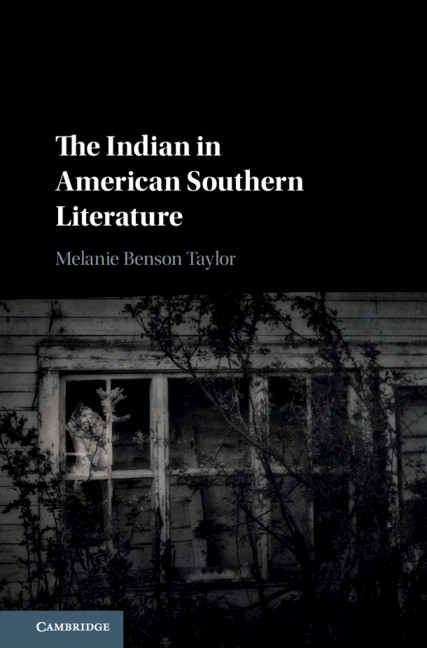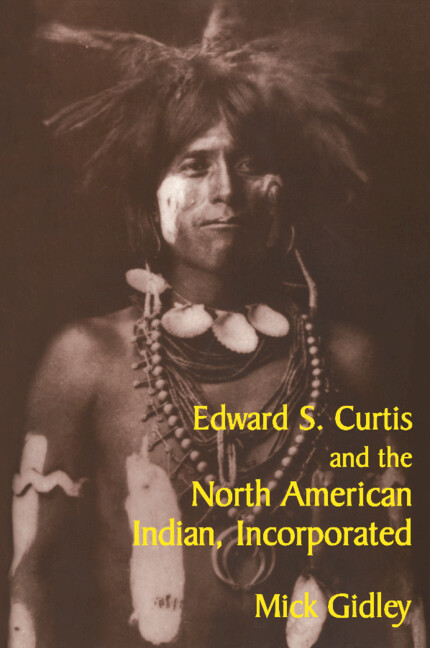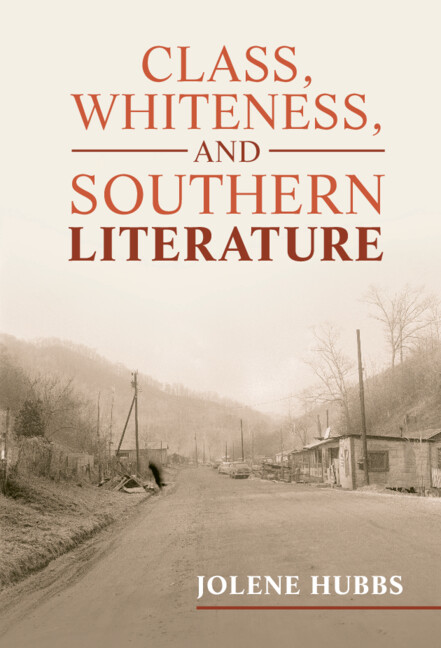The Indian in American Southern Literature
Indians are everywhere and nowhere in the US South. Cloaked by a rhetoric of disappearance after Indian Removal, actual southeastern tribal groups are largely invisible but immortalized in regional mythologies, genealogical lore, romanticized stereotypes, and unpronounceable place names. These imaginary 'Indians' compose an ideological fiction inextricable from that of the South itself. Often framed as hindrances to the Cotton Kingdom, Indians were in fact active participants in the plantation economy and chattel slavery before and after Removal. Dialectical tropes of Indigeneity linger in the white southern imagination in order to both conceal and expose the tangle of land, labor, and race as formative, disruptive categories of being and meaning. This book is not, finally, about the recovery of the region's lost Indians, but a reckoning with their inaccessible traces, ambivalent functions, and the shattering implications of their repressed significance for modern southern identity.
- Establishes the centrality of Indian tropes in southern literature, bringing attention to Indigenous issues in the region
- Provides a framework for understanding the 'Indian' as an ideological trope for white southerners, helping move conversations away from 'realism' or 'race' as default categories for assessing Indigenous representations
- Uses a materialist analysis to uncover the economic etiologies of literary representations of Indigeneity
Product details
July 2020Hardback
9781108495318
300 pages
235 × 158 × 23 mm
0.57kg
Available
Table of Contents
- Introduction. Once removed: genealogies of an Indian imaginary
- 1. Doom and deliverance: William Faulkner's dialectical Indians
- 2. Confederate spirits: Katherine Anne Porter's bewitching Indians
- 3. The dark eye: Barry Hannah's terminal Indians
- Conclusion. The puppet show is not over
- Bibliography.






